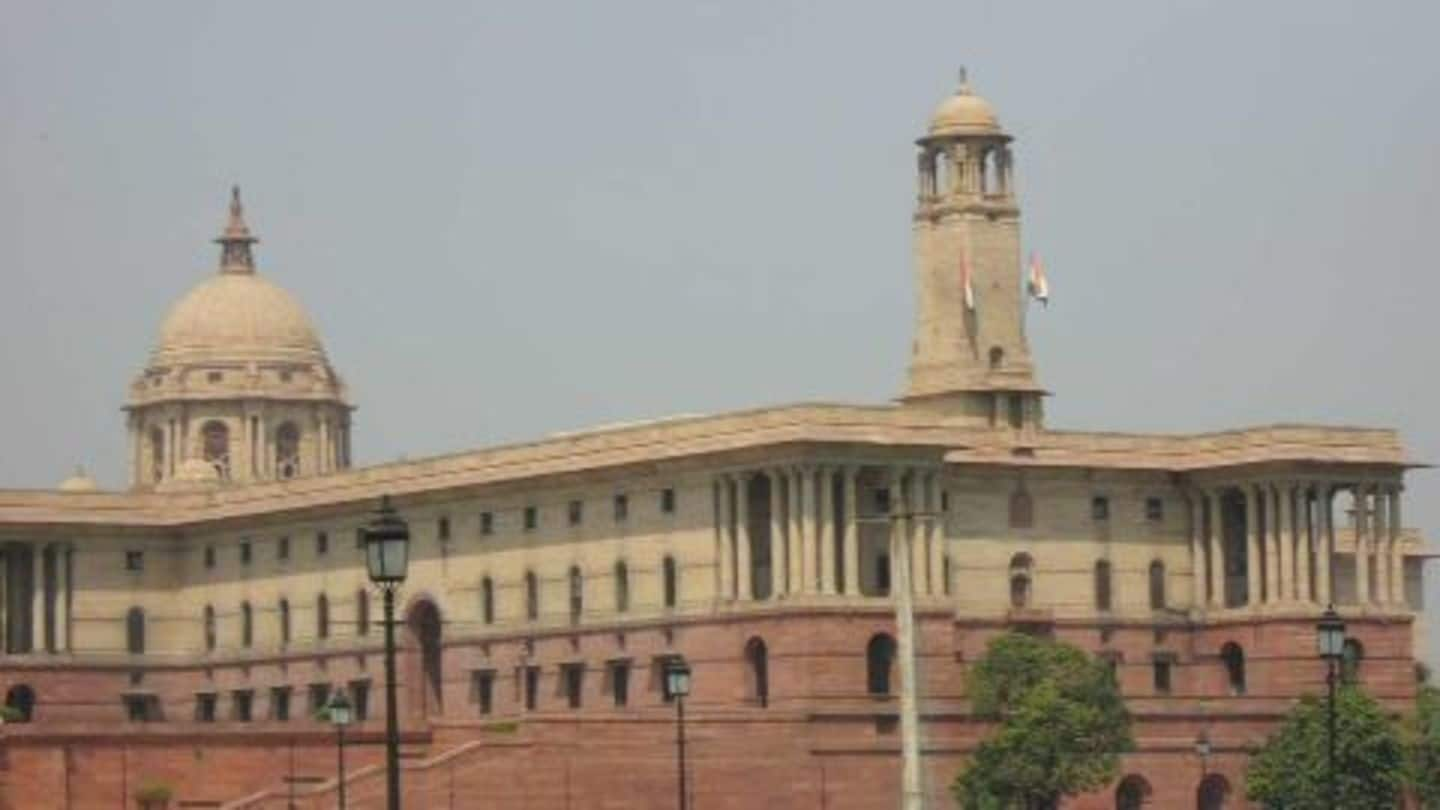
Centre: Inclusion of political parties under RTI erroneous
What's the story
The Supreme Court had earlier issued a notice to the leading political parties enquiring about their hesitation to disclose information.
Today, the centre stated that political parties should be excluded from RTI to ensure smooth functioning.
The centre also stated that acts demanding transparency of finances of political parties exist - the Income Tax Act, 1961, and Representation of the People Act, 1951.
Definition
What is the RTI act?
The Right to Information Act was passed by Parliament on 15 June 2005. It was formulated to empower the citizens to request information regarding the functioning of any "public authority", to which the authority was expected to promptly reply.
Jun 2013
The start of the debate
The Central Information Commission stated that political parties, namely BJP, Congress, CPI(M), NCP, CPI, BSP and BJD fall under "public authority" as they perform public functions and are funded by the government.
The judgement stated that the political parties "have been substantially financed by the Central government and therefore, are held to be public authorities under Section 2(h) of the RTI Act."
Aug 2013
The proposed amendment to help political parties
The government proposed a Right to Information (Amendment) Bill aiming to remove political parties from the scope of the RTI Act.
The Minister of State for Personnel, Public Grievances & Pensions, Narayanasamy, introduced the RTI (Amendment) Bill in Lok Sabha on 12 August 2013.
The concern was that the political parties would have to reveal their strategic decisions, if forced to reveal financial information.
Data
Tamil Nadu most aware about RTI
As per a 2010 study, the greatest awareness about RTI was in the state of Tamil Nadu, with the daily average of RTI applicants varying from 500 to 600 people.
Sep 2013
The proceedings in the Parliament
The proposed amendment was referred to the Parliamentary Standing Committee on 12 September.
Led by Aruna Roy, RTI activists met the PM and the UPA Chairperson, with the petition signed by 1 lakh people urging them to scrap the amendments.
The bill was deferred to the Winter Session of the Parliament, following a statement by Narayanasamy, that more discussion was needed on the bill.
Dec 2013
The proceedings go on
The Bill read, "Declaring a political party as public authority under RTI Act would hamper its smooth internal working...political rivals may misuse the provisions of the RTI Act..."
The Standing Committee on Law and Personnel reported, "The committee considers the proposed amendment is a right step to address the issue once and for all. The committee, therefore, recommends for passing of the Bill."
Mar 2015
The matter reaches the Supreme Court
The CIC reiterated its original order classifying political parties as "public authority" on 16 March.
RTI activist Shubhash Chandra Agarwal, along with the NGO, Association for Democratic Reforms, filed a petition in the Supreme Court.
They sought accountability and transparency in the workings of recognized regional and national political parties, after they failed to comply to CIC orders; thus providing basis for the case.
Data
Urban areas don't care about RTI
According to another 2010 study, awareness about the RTI in urban areas was a mere 33% which was quite surprising considering that the urban populace had greater access to technology, information and mass media channels.